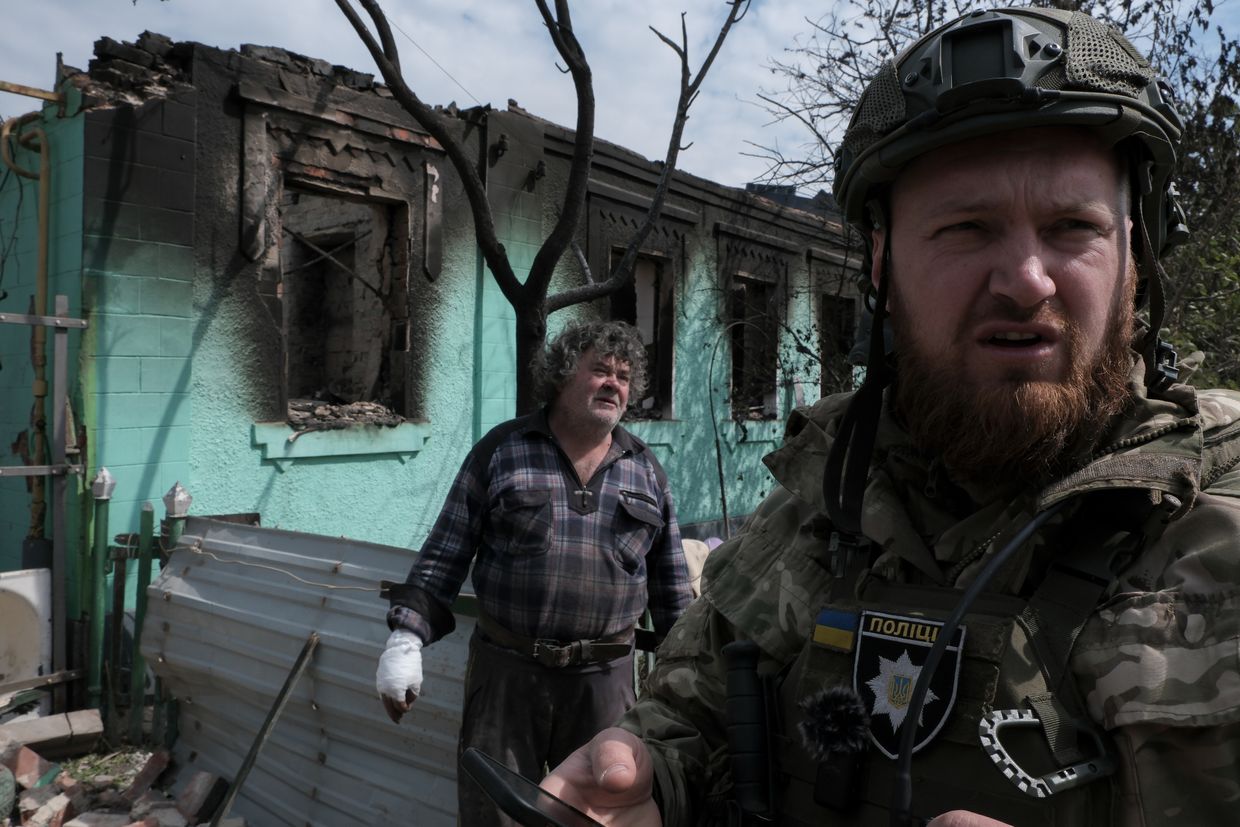Budanov sees stabilization signs in Kharkiv Oblast hostilities

The situation in Kharkiv Oblast "is not catastrophic," and there are indicators pointing toward stabilization, Ukraine's military intelligence chief Kyrylo Budanov said on national television on May 14.
Budanov's statement came after he reportedly told the New York Times a day earlier that the situation in the region "was on the edge" and "moved toward critical every hour."
Despite that, Budanov told the New York Times he expects that Russia's attempted offensive in Kharkiv Oblast would last "for another three or four days," after which they may attack Sumy Oblast.
"It is definitely not true to say that Russia has had a significant success (in Kharkiv Oblast). At the same time, we must remember that the situation is quite tense and changing very rapidly," Budanov said on television.

Russian troops have been blocked on the frontiers they had reached, according to the military intelligence chief. Ukraine's operation to further stabilize the situation and start to push Russian troops back across the border is ongoing, Budanov said.
Oleh Syniehubov, the Kharkiv Oblast governor, reported on "active firefights" on the northern outskirts of the town of Vovchansk on May 14. Ukraine's General Staff said earlier the same day that Ukrainian soldiers had "changed positions" near the village of Lukiantsi.
Budanov said that Moscow was planning a similar operation in Sumy Oblast. "Small" Russian units are deployed along the border, "but the situation has not yet allowed them to take active action and start realizing their plan," Budanov said.
"The situation is not catastrophic right now. This is generally an information operation to sow chaos and panic, backed up by actions on the ground," he added.












